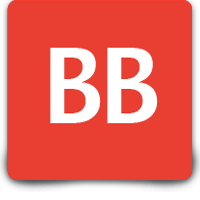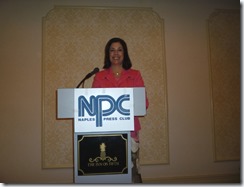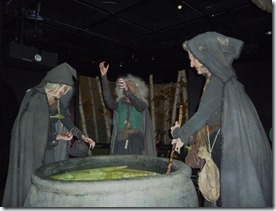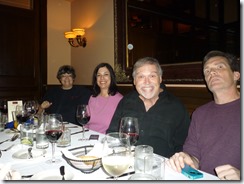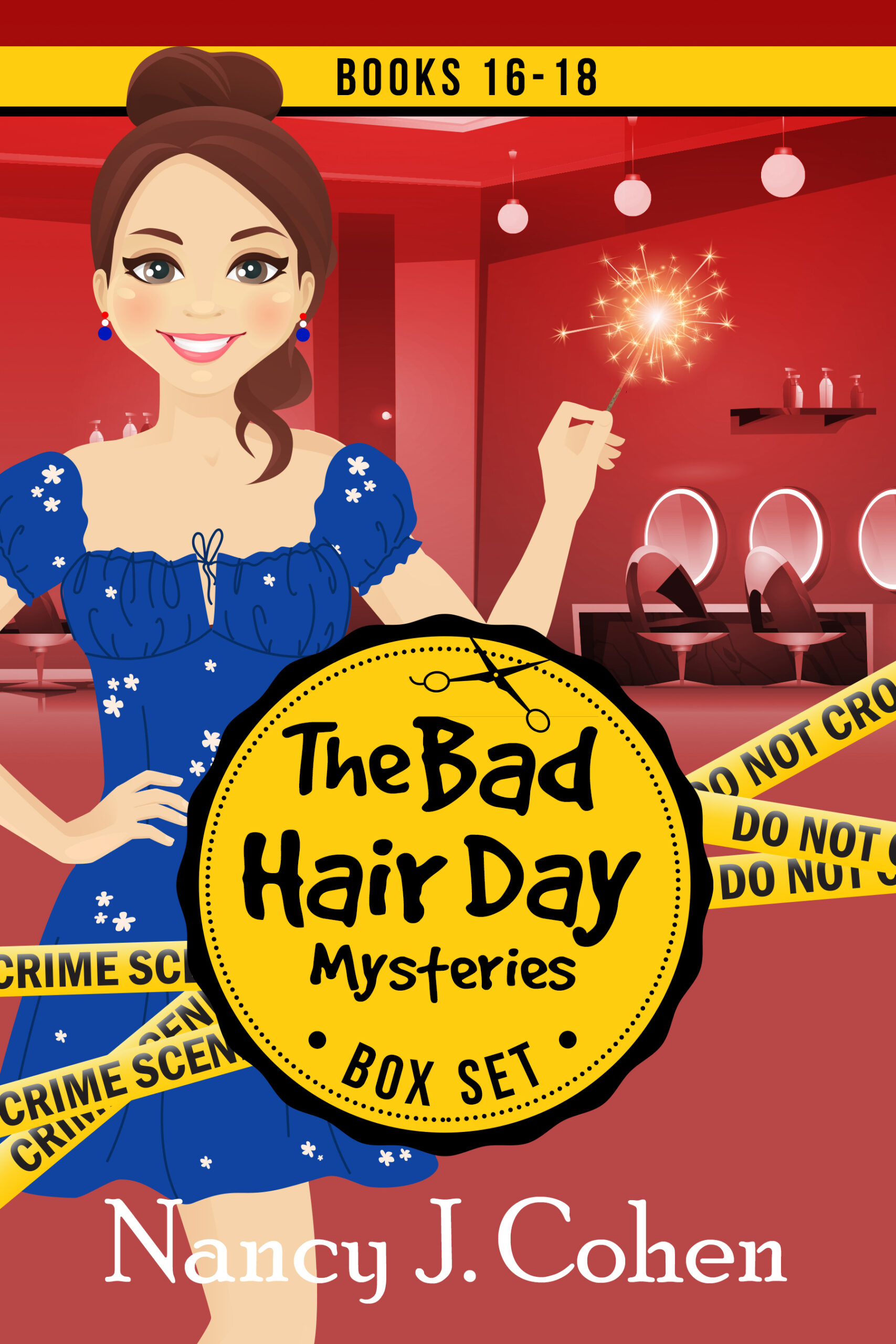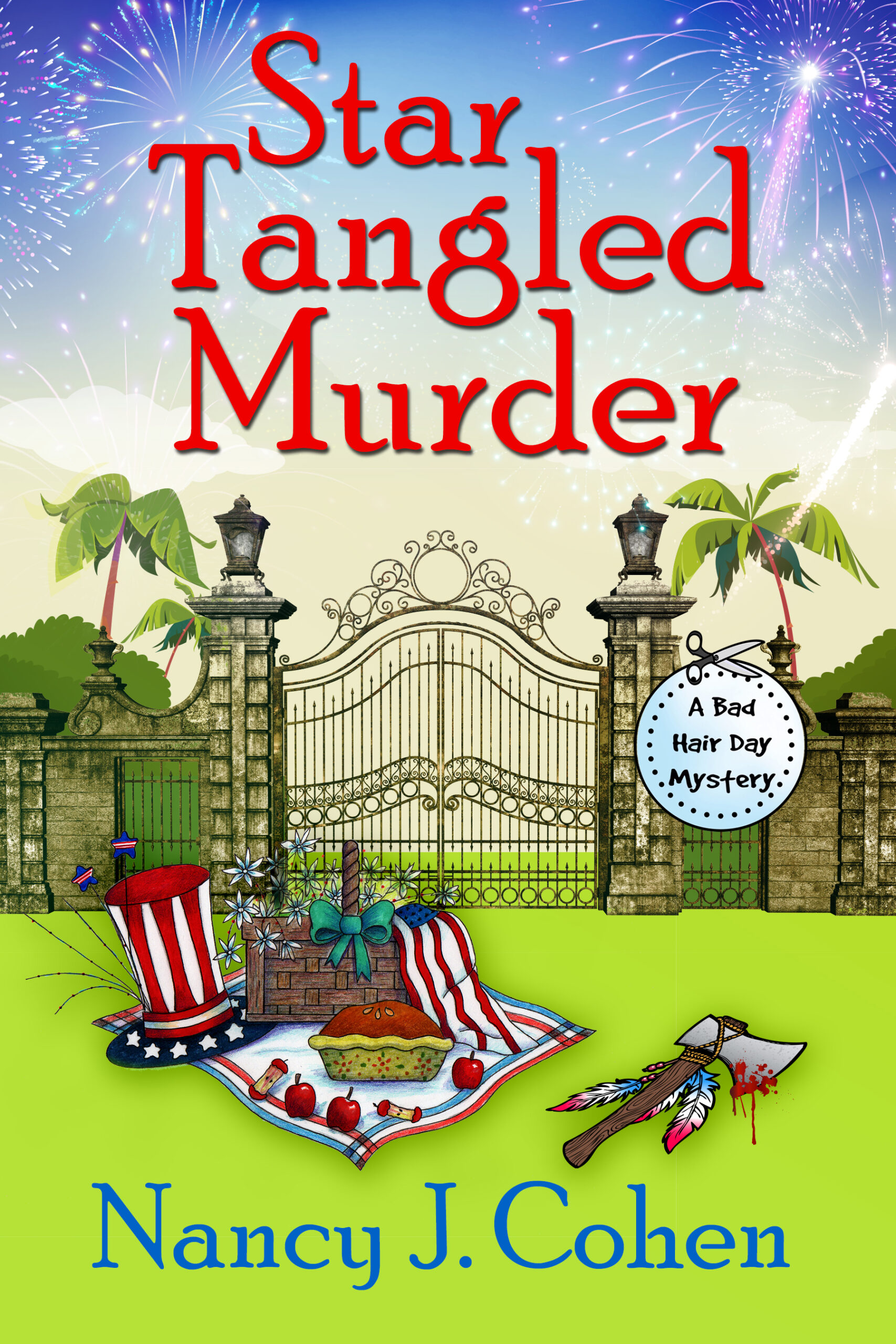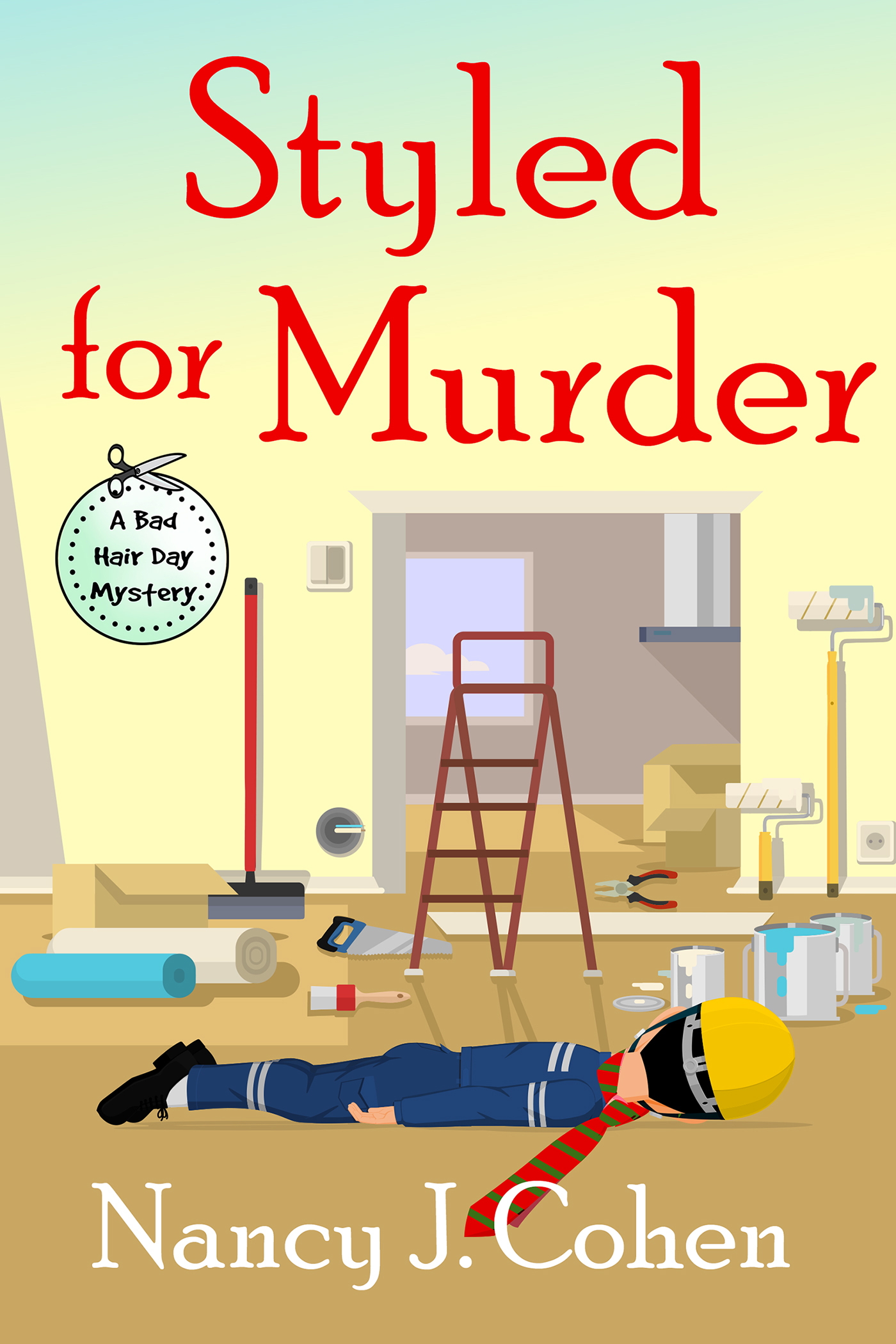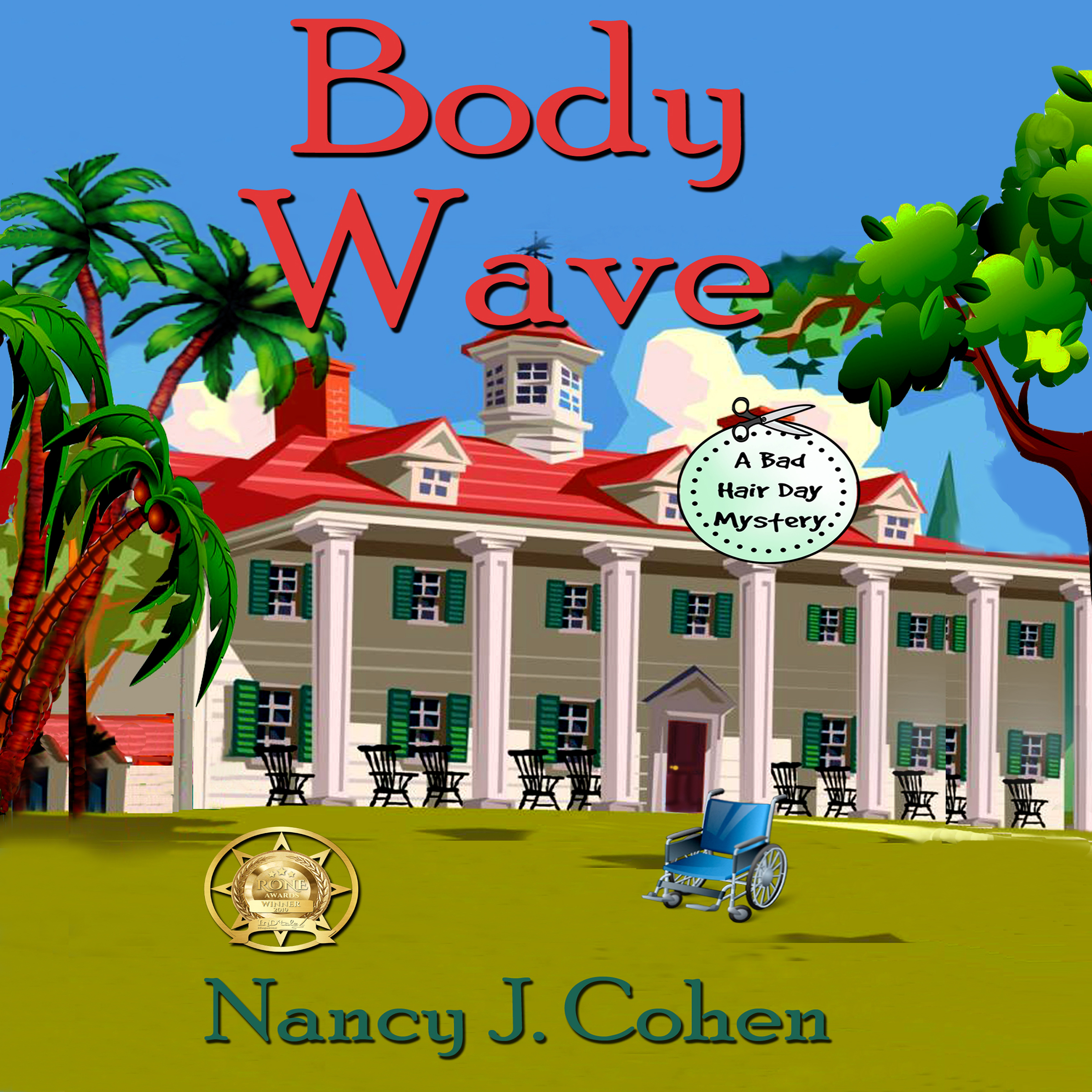Preparing for a Conference
How long does it take to prepare for a conference? Soon I’ll be heading to SleuthFest in February, Lake County BookFest in March, Malice Domestic in April, the Florida Library Association Convention in May, and Mystery Writers Key West Fest in June.
It can take me several weeks to get ready for each event and another couple of weeks to decompress and get caught up upon my return home. That’s a lot of time lost, not to mention money for gas, lodgings, registration fees, promo materials, etc. However, it’s time and money well spent from the benefits you receive by meeting other authors, booksellers, fans, and industry personnel.
Conferences necessitate a lot of preparation, especially if you’re going as a speaker. Aside from determining your particular goals for this event—i.e. attending specialized craft sessions, learning about new publishing options, meeting editors, making new author friends, greeting fans—there’s the physical prep. Here’s a checklist of things to consider.
- Prepare for your talks. If you’re a panelist, it can be easier because you might not have to do much prep other than jotting down some notes about the points you want to get across. Moderator-run panels in general mean more work for the moderator but less work for the panel guests, unless you are each expected to present your material for xx minutes.
- If you are conducting a workshop on your own, you’ll need to compose or update your material and get copies made of handouts.
- If you’re speaking on different topics, assemble each handout in a separate manila envelope to keep them organized.
- Order business cards unless you have them already. Consider updating them with QR codes or with your social network URLs.
- Design, order, and pack brochures, bookmarks, and/or postcards about your books. Bring along display containers so they don’t get strewn across the tables.
- Design, order, and pack swag for the promo tables or goody room. These are items such as magnets, pens, door hangers, candy, and other giveaways.
- If you are driving, toss a box of extra books into your trunk in case the on-site bookseller doesn’t get your books in time or is unable to obtain copies of a particular title.
- Bring a checkbook in case the bookseller offers to sell you leftover stock at a discounted price.
- Pack a book or two to display at your presentations and panels.
- Consider giving a couple of books away at the Q&A sessions for your talks.
- If you’re donating a raffle basket, either get your materials to the coordinator ahead of time or bring the basket prepared and ready to go.
- Bring a signup sheet for your newsletter to put out at signings.
- Print out the conference workshop schedule and highlight your appearances. List these on your website and other online sites and include these papers in your suitcase.
- Bring a highlighter along so you can go through the conference schedule and mark sessions you want to attend.
- Print out contact info for friends you want to meet at the conference.
- Decide which outfits to wear to the different events. Business attire for daytime, dressier clothes for evening? Don’t forget matching shoes, handbags, and jewelry.
- Determine what gadgets to bring along: iPad or Laptop? Kindle or Nook? Camera to take photos for your blog? Charging devices?
- Pack a notebook to take notes. Later, write blogs about the sessions you attended to share your knowledge.
- Include Sharpie pens for signing books and ballpoint pens for note taking.
- If you belong to a professional writing organization, bring along chapter brochures to hand out to potential members.
And the countdown begins. What else would you add to this list?





